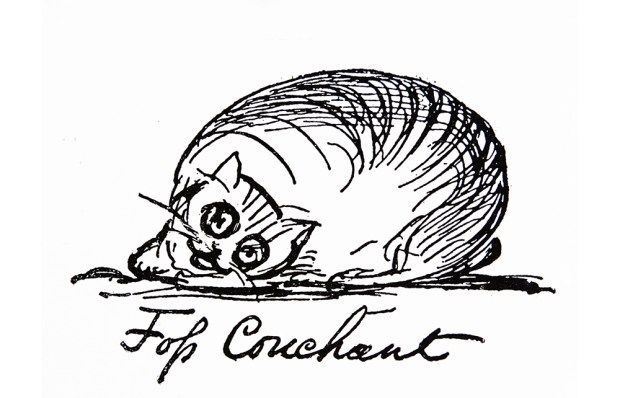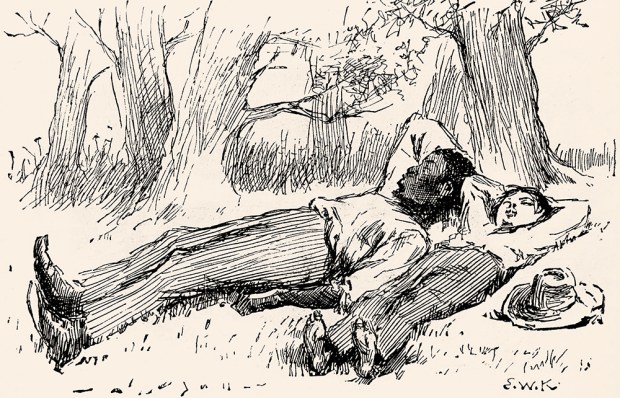In rural Trinidad in the early 1940s, in a village on a hill, the rich rise like bread to the very top. This is where Dalton Changoor and his much younger wife Marlee live, in a mansion on a large plot of land that requires plenty of upkeep. The poor dwell at the bottom, among them several Hindus who just about manage to stave off poverty by doing odd jobs for the Changoors. One of them is Hansraj Saroop, whose illicit attraction towards the lady of the house is not unreciprocated.
One night, Dalton, who has ‘a face that looked like a wine bottle has been smashed into it’ and is increasingly losing his mental faculties, goes missing, and this proves a catalyst for an island drama whose shockwaves will reverberate down the years. Summary cruelty is visited upon Dalton’s abandoned dogs by an unknown assailant, and Marlee begins to hear suspicious noises at night. When she receives ransom notes from someone who claims to know the whereabouts of her husband, she pleads with Hansraj to stay in one of their outhouses in order to protect her, for which she will pay handsomely. But this will require him to abandon both his wife and impressionable teenage son, and to become subject to town gossip. That he does not even think twice about it will be something he comes to regret.
Hungry Ghosts is the first novel of a 37-year-old Trinidadian science teacher who has previously published short stories and poems. Already lauded by Bernardine Evaristo and the late Hilary Mantel, it is quite a debut, with Hosein encouraging us to enter his immersive world:
Picture curry leaves springing into helices; bastions of sugarcane bowing and sprawled; pink hearts of caladium that beat and bounce between burnt thatches of bird cucumber, all lain like tufts and bristles and pelages upon the back of some buried colossus.
This is sensory overload, a heady brew of legend and foreboding and tragedy, relayed in overripe, vivid prose. It might sometimes be portentous in its parable-like judgments – ultimately, reap what you sow – but isn’t that always the way with parables?
Got something to add? Join the discussion and comment below.
Get 10 issues for just $10
Subscribe to The Spectator Australia today for the next 10 magazine issues, plus full online access, for just $10.
You might disagree with half of it, but you’ll enjoy reading all of it. Try your first month for free, then just $2 a week for the remainder of your first year.














Comments
Don't miss out
Join the conversation with other Spectator Australia readers. Subscribe to leave a comment.
SUBSCRIBEAlready a subscriber? Log in